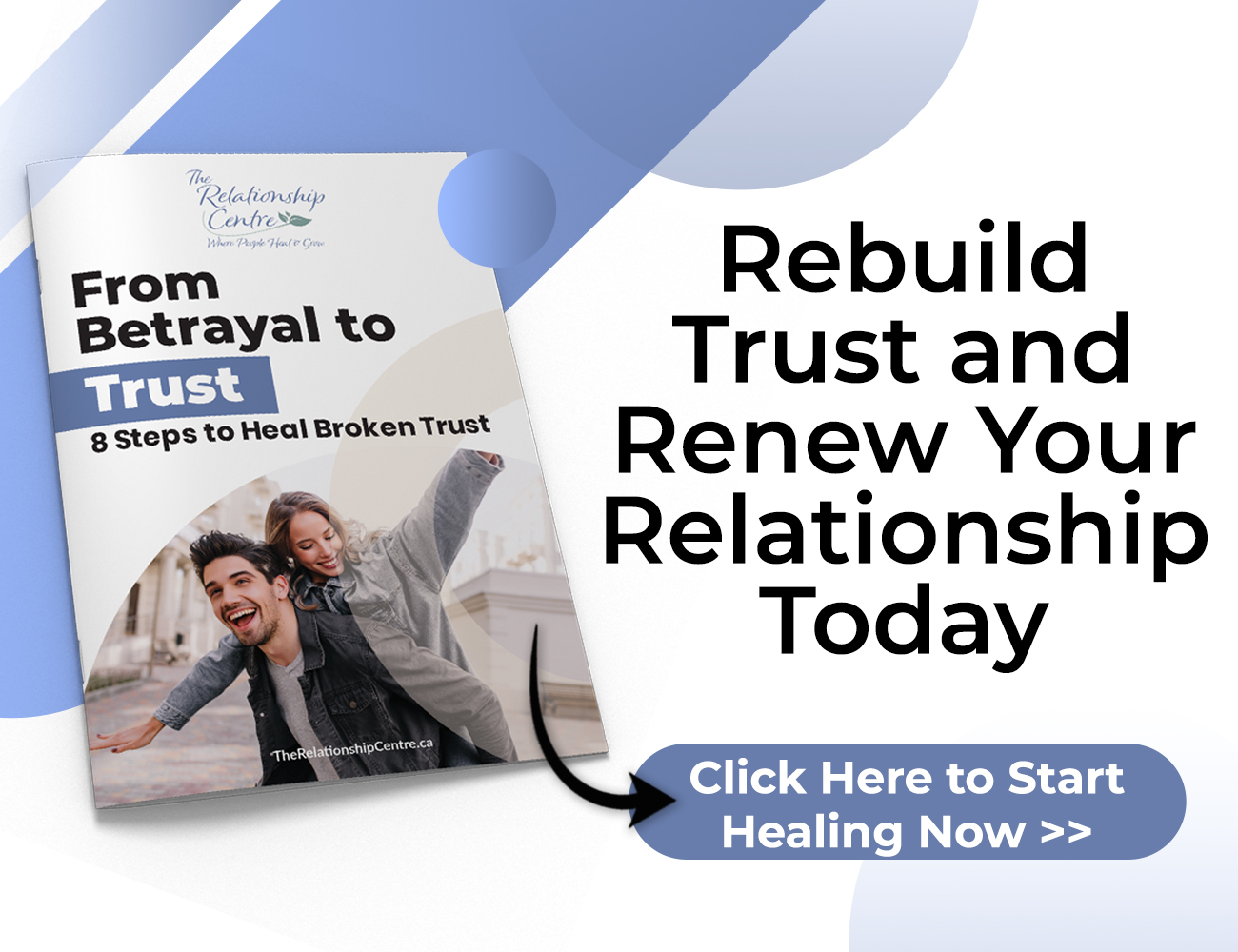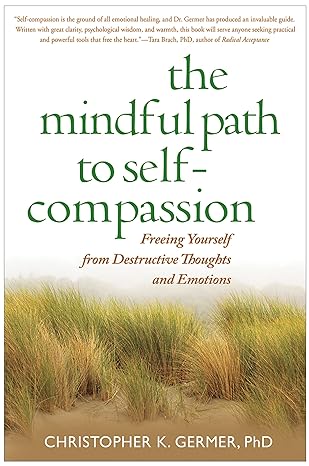Editor’s Note: Before you get into the article, it’s important to remember that partners with narcissistic tendencies are tough. Change might be rare, and yet therapy can help fix relationship problems. If both you and your partner are willing to work on things together, therapy might really help. However, if your partner doesn’t want to try therapy, or if you’ve tried it and it didn’t work for you in the past, you might find this article helpful for you.
Do you ever feel like you’re living in someone else’s shadow? Constantly seeking validation and never quite feeling good enough?
Navigating the aftermath of a narcissistic relationship can be a daunting journey filled with emotional turmoil and self-doubt. The effects of being involved with a narcissist can leave lasting scars, impacting every aspect of your life. However, despite the pain and confusion, it is possible to reclaim yourself, heal from the trauma, and emerge stronger than ever before.
You know the feeling. Every day is a battle to maintain your self-worth amidst constant criticism and manipulation. Seeking love and validation feels like an uphill battle, leaving you drained and questioning your own sanity.
In this article, we will explore the dynamics of narcissistic relationships, the signs to watch out for, and most importantly, actionable steps to empower yourself and break free from the cycle of abuse.
Recognize Narcissistic Relationships
Let’s talk about narcissistic relationships. These aren’t your typical love stories. Instead, they’re filled with manipulation, exploitation, and a serious lack of empathy. You see, narcissists are all about themselves. They couldn’t care less about how you feel or what you need. It’s all about them, all the time.
They love being in control, and they’ll do whatever it takes to keep it that way. From gaslighting to emotional abuse, they’ll use any tactic to maintain their power over you. And in their world, you’re just a supporting character. Your feelings? Your needs? They don’t matter.
It’s a tough spot to be in, feeling insignificant and invalidated in your own relationship. Recognizing these signs is the first step to reclaiming your power and breaking free from the toxic grip of a narcissistic partner.
Signs of a Narcissistic Relationship
It’s not always easy to spot the signs. Narcissists are skilled at hiding their true intentions behind a facade of charm and charisma. If you find yourself constantly walking on eggshells, feeling like you can never do anything right, it may be time to take a closer look at your relationship dynamics.
Some common red flags include:
A. Excessive Need for Validation
Narcissists crave constant admiration and validation from their partners, often seeking praise and attention to feed their fragile egos.
If you find yourself constantly reassuring your partner or feeling like you can never do enough to make them happy, it could be a red flag. Trust your instincts and pay attention to how you feel in the relationship. Your needs matter too.
B. Lack of Empathy
Another big red flag in narcissistic relationships is a lack of empathy. Narcissists just don’t get it when it comes to other people’s feelings. They’re so wrapped up in themselves that they can’t see past their own needs.
If you find yourself pouring your heart out to your partner, only to be met with indifference or dismissal, it could be a sign that something’s not right. Trust your gut and don’t ignore the warning signs.
C. Manipulative Behavior
Narcissists are skilled manipulators who use charm, guilt-tripping, and deceit to control their partners and get what they want.
If you feel like you’re being manipulated or coerced into doing things you’re not comfortable with, it’s important to speak up and set boundaries. Don’t let yourself be taken advantage of. Your feelings and autonomy matter.
D. Emotional Abuse
Emotional abuse is another tactic commonly used by narcissists to maintain power and control in the relationship. This can take many forms, from belittling and criticizing your every move, to gaslighting and playing mind games to make you doubt your own reality.
If you feel like you’re constantly tiptoeing around, never quite measuring up, it might be time to dig a little deeper into your relationship. You deserve to be treated with respect and kindness, not torn down and manipulated.
Break Free: Steps to Empower Yourself
While overcoming the trauma of a narcissistic relationship may seem overwhelming, there are concrete steps you can take to regain control of your life and rebuild your self-esteem.
The first step towards empowerment is acknowledging that you are in an abusive relationship. This may involve confronting painful truths and recognizing the toxic dynamics at play.
Setting boundaries is essential for protecting your emotional well-being and asserting your autonomy. Clearly communicate your needs and expectations to your partner, and be prepared to enforce consequences if they are not respected.
You are not alone in your journey to healing. Reach out to trusted friends, family members, or a mental health therapist who can offer guidance, validation, and support as you navigate the challenges of leaving a narcissistic relationship.
Prioritize self-care and self-love as you heal from the trauma of your past relationship. Engage in activities that bring you joy, practice mindfulness and relaxation techniques, and prioritize your physical and emotional well-being.
Rebuilding your self-esteem after a narcissistic relationship may take time… it is possible. Surround yourself with positive influences, challenge negative self-talk, and celebrate your strengths and accomplishments.
You deserve love, respect, and happiness…
Empowering yourself and overcoming the trauma of a narcissistic relationship is a journey that requires courage, resilience, and self-love. By understanding the dynamics of narcissistic relationships, recognizing the signs of abuse, and taking proactive steps to prioritize your well-being, you can break free from the cycle of abuse and emerge stronger than ever before.
Remember, you have the power to create the life you deserve. So take that first step towards healing, because you’re worth it.
If you would like to see how one of our therapists can help you or someone you know, simply call 613-848-3683 and one of our Client Care Coordinators would be delighted to share the details with you.
Or… Click here to book a call with a Care Coordinator now >>
Recommended Reading:
“Buck up.” “Stop feeling sorry for yourself.” “Don’t ruin everything.” When you are anxious, sad, angry, or lonely, do you hear this self-critical voice?
What would happen if, instead of fighting difficult emotions, we accepted them?
We all want to avoid pain, but letting it in–and responding compassionately to our own imperfections, without judgment or self-blame–are essential steps on the path to healing.
This wise and eloquent book illuminates the power of self-compassion and offers creative, scientifically grounded strategies for putting it into action.
The Mindful Path to Self-Compassion: Freeing Yourself from Destructive Thoughts and Emotions by Christopher K. Germer, Ph.D.















